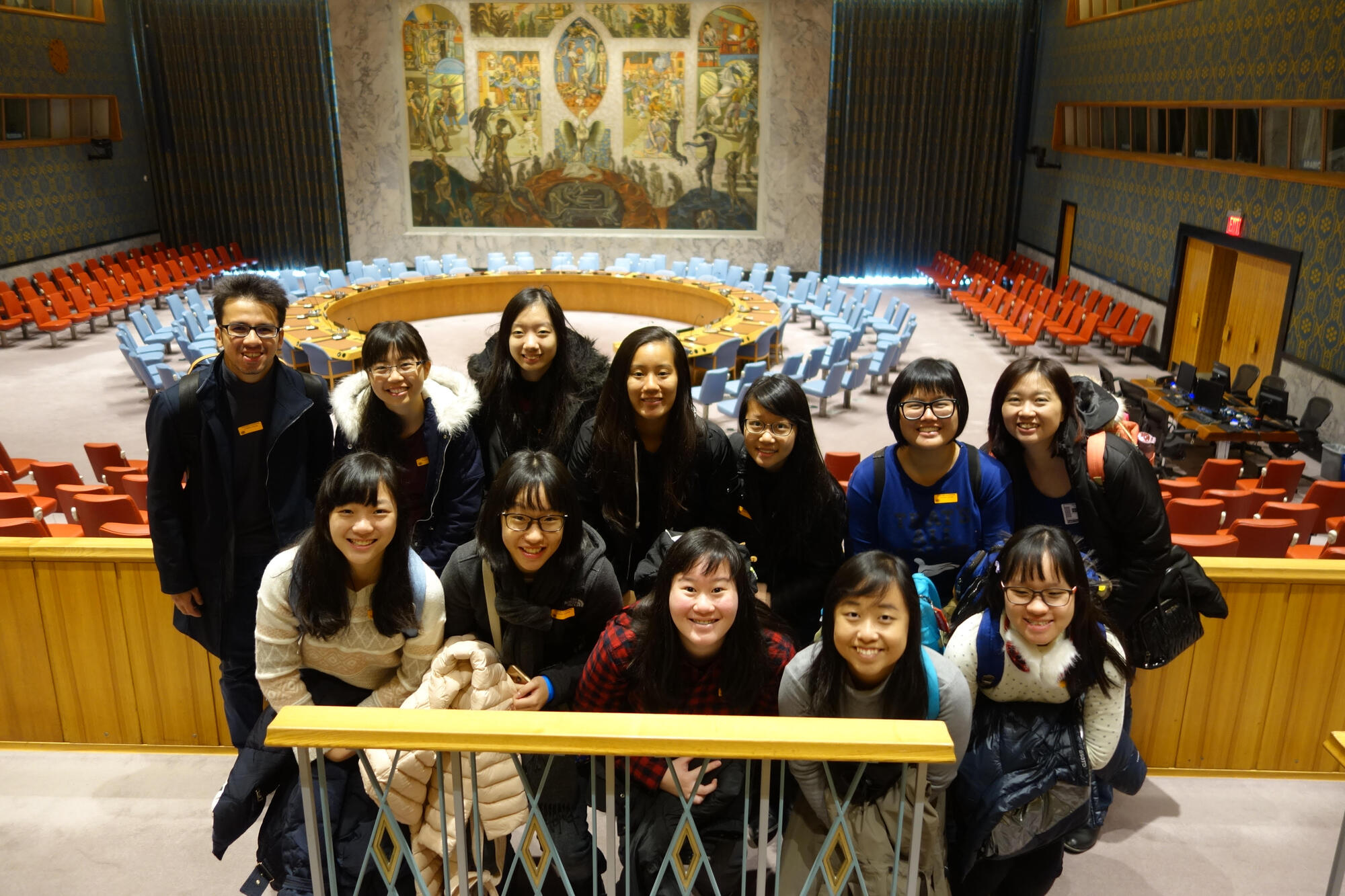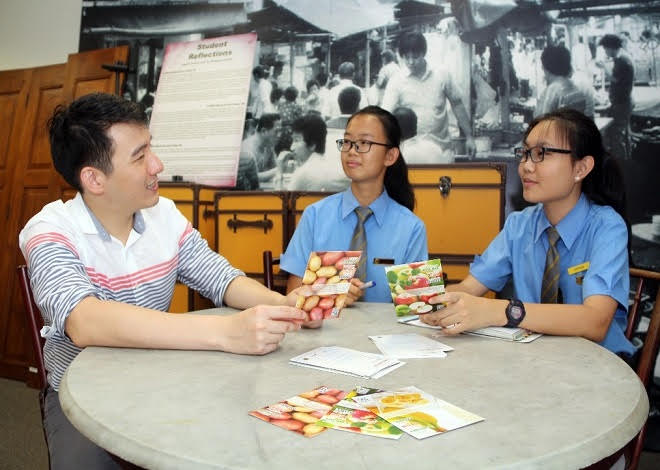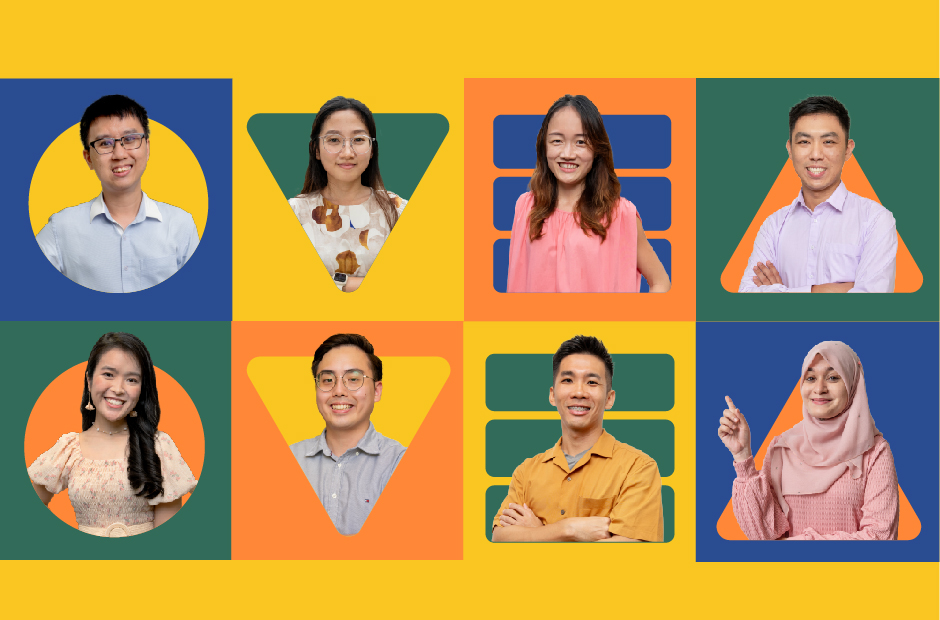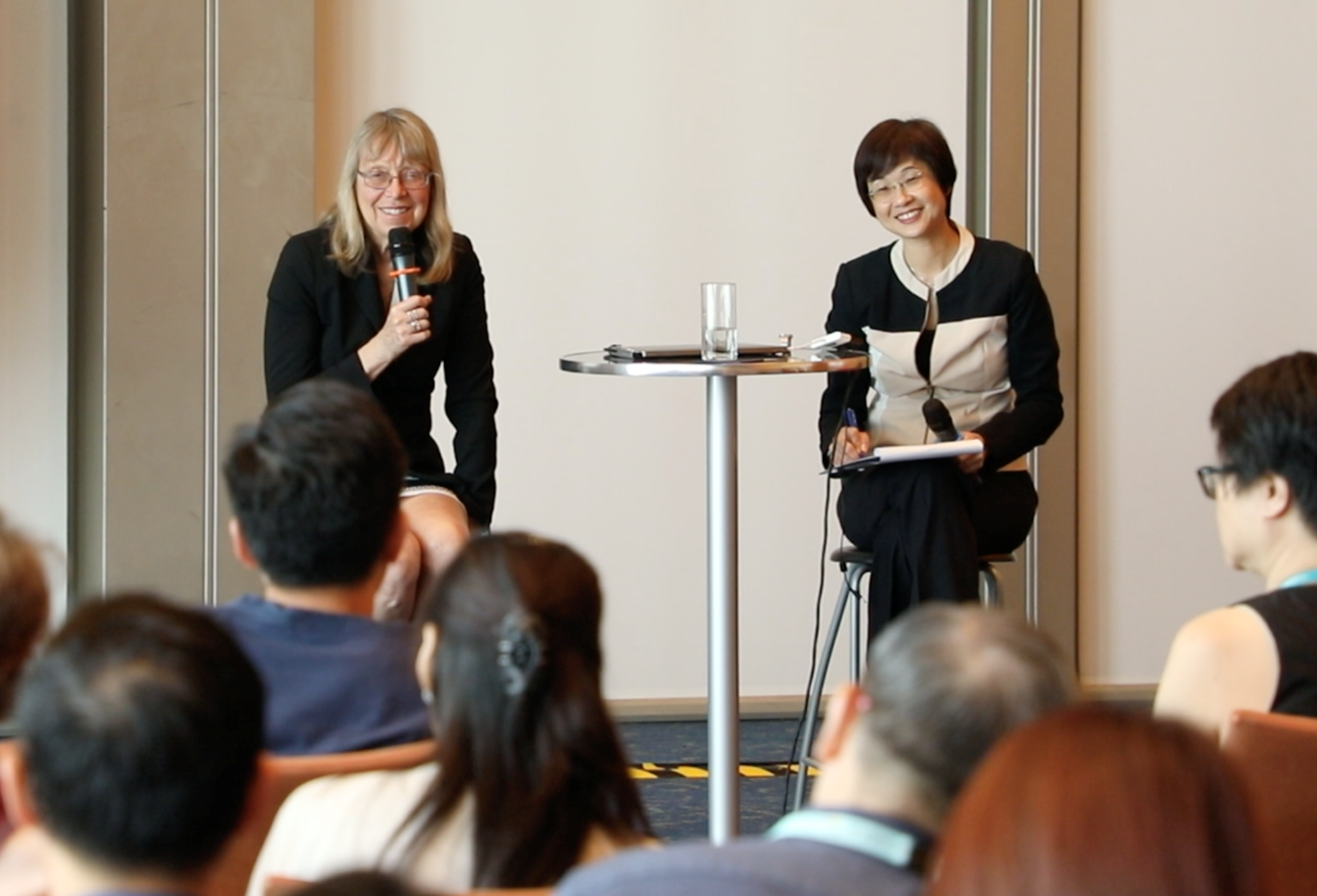Koh Han Yeow, Shane, River Valley High School, Outstanding Youth in Education Award 2020 Recipient
The Past is Alive
“Order! Order,” blares the student tribunal member, banging the gavel, “has the delegation of the United Kingdom arrived at a decision on the colony of Burma?”
Just another day in the Southeast Asian History class.
As one group of my students argues vehemently against the independence of Burma, the others listen intently and prepare to make their case. They are ‘playing’ delegates at the fictitious Manila Conference of 1945, deciding the fate of Southeast Asian colonies in the era of decolonisation.
As a student, I thoroughly enjoyed historical role-play, and found that it allowed me to empathise with the lives, perspectives and decisions of the men and women of the past. It helped me gain a deeper understanding of how History came to be, from gathering evidence to the construction of arguments and a coherent narrative.
As a teacher, role-play and historical simulations are forms of experiential learning that I have integrated into my classroom culture. Besides engaging the students’ imagination, I found that it helped ease students into the rigour of studying History at the A-Levels.
Instead of learning content through lectures alone, students research and prepare their speeches in groups. From the different presentations and debates, students see the range of perspectives on the issue, and experience the complexity of historical issues first-hand.
And as I emphasise the necessity for historical evidence in their arguments, many lessons see us poring over historical documents like the Atlantic Charter, or analysing the speeches of leaders like Sukarno, and Ho Chi Minh.
This is an essential part of History as a discipline, as is seeking balance in our arguments.
Students tend to start out meek. However, with practice, as well as a class culture of open discussion, most students grow to speak with pride and confidence. While my students may not always be the loudest in the room, I can count on them to have an opinion, and be able to substantiate it with facts and evidence.
Underlying all these classroom activities is my belief that History is not simply about the empty memorisation of facts, but a dialogue towards a greater understanding of the past and present. Not only did my students enjoy their virtual trips, these simulations expanded my teaching toolkit.
Learning Beyond the Classroom
This belief underpins our History and Current Affairs Society, also known as HACAS. When I describe it as one of the largest CCAs in the Junior College section of River Valley High School, people are invariably stunned. Who had ever heard of a “history club” with 120 members?
When I first took over the CCA, there were only 20 members. Over the past six years, I gradually gave students more autonomy and responsibility over the club’s programmes — while maintaining my role as a mentor and guide.
The club has expanded its range of programmes to include weekly academic sessions, history film screenings and speaker series sessions, a student publication titled ‘The Historian’, and an array of competitions — all mostly planned and carried out by the students themselves.
And one of the most popular is the Model United Nations (MUN).
Members are encouraged to join various MUN conferences held in Singapore to gain exposure. We were also privileged to have the chance to venture abroad. In 2017 and 2019, I led groups of students to the Yale Model United Nations (YMUN) conference in New York.
At these conferences, participants simulate the actual workings of the international organisation. They represent delegates from different countries and debate on a wide range of topics that challenge nations today.
For example, one group could be discussing a way to contain nuclear tensions, while another deliberates on how to improve the status of women in developing countries. Unlike a traditional debate, the aim is to propose solutions that all can accept — so a large part of the conference is about negotiation and coming to a compromise.
It is not easy as it is a test of the students’ knowledge, research and presentation skills. Furthermore, the content is outside of the JC curriculum. Which is why I was incredibly proud of how the students held their own in New York with close to 2,000 delegates and came back with numerous awards, ranging from Verbal Commendations, to Honourable Mentions and even a Best Delegate award in 2017.
Students Take Charge
Beyond the accolades and awards, I hope my students can empower their peers.
Nowhere is this seen more clearly than in the club’s flagship project, the River Valley Model United Nations (RVMUN) conference, a four-day event that we organise in March every year.
Joining MUN as a participant is already a route for developing skills in delivering presentations, as well as in organisation and research.
Now imagine having to plan and organise such an event for close to 400 students from different schools across Singapore! My students relish this challenge.
The preparation process spans half a year, in which I, with a few more experienced student leaders, train the organising team members tirelessly in council debate management and procedural matters. The students also devote countless hours into the research and writing of study guides for the participants — some of which could go up to 60 pages!
Participants know that these conferences can be competitive affairs. I myself have seen how first-timers could be so intimidated by their fellow delegates that they were struck dumb and chose to withdraw. For our school’s version, the vision I shared with the organising committee is that we want our participants to cooperate, learn and grow together.
As such, the student-facilitators for each group dedicate time to coach and guide participants, especially those who are less experienced. We also introduced awards that focused on improvement, not just performance. And I am proud of how my students have risen to the challenge and made the event a convivial community for all participants.
Our students also organise the Global Geopolitical Conference, a condensed version of MUN targeted at secondary school students. They offer their expertise to other schools who are trying to start similar events as well.
Through it all, my students know I trust them to do this work, and learn from each other, as well as from the past. And I believe that trust is what gives them the courage to take the spotlight and shine in the future.






